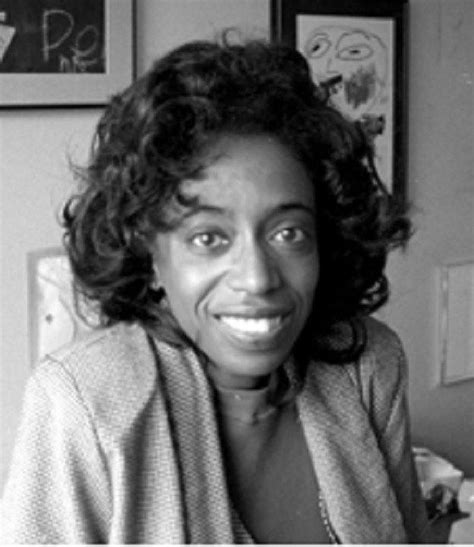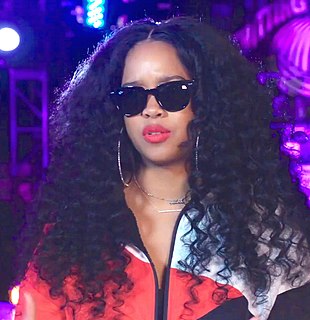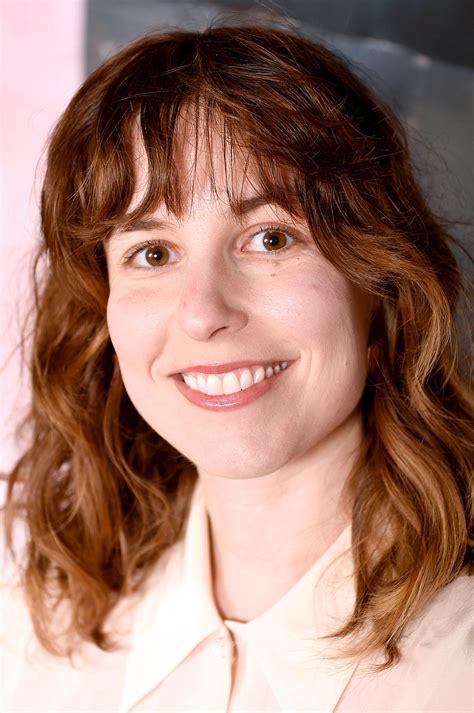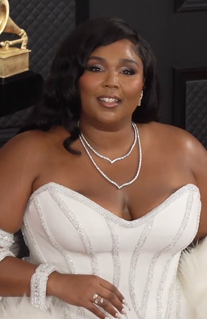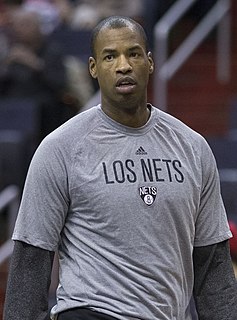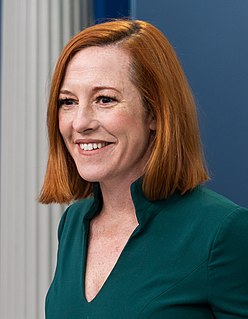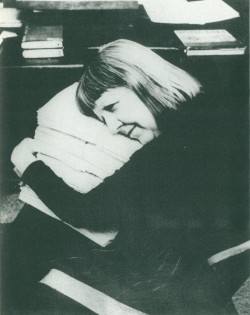A Quote by Wangari Maathai
When I went back home, I was constantly being reminded, I'm an African woman, and so there are certain things I shouldn't do, certain ambitions that I should not entertain. That was a problem for me because I had never thought of myself as an African woman, never thought of myself as a woman to begin with. For me the limit was my capacity, my capability.
Related Quotes
It was easy to persecute me without people feeling ashamed. It was easy to vilify me and project me as a woman who was not following the tradition of a 'good African woman' and as a highly educated elitist who was trying to show innocent African women ways of doing things that were not acceptable to African men.
I grew up in a world where authority was female. I never thought to call myself a feminist because of branding. I had this skewed idea of feminist: I thought it meant being a woman who hates men. When I read Chimamanda Ngozi Adichie's We Should All Be Feminists, I was like, "Oh, this is what my mom taught me. This is simple. I don't understand why everybody is not this."
I was very proud and grateful to be the first African-American woman in the position. I thought it said a lot about our country that we had back-to-back African-American Secretaries of State, Colin Powell and then me. I also thought it said a lot about President Bush that he didn't see limits on the highest ranking diplomat in terms of color. It's a hard job, but really the best one in government.
A lot of people started asking me about this woman director thing, which I never thought about before. And I'd never really thought about how there aren't really many female directors. I knew it, but I'd never really sat down and thought about the implications of that, and what it meant for a woman to make a movie, and how it's viewed differently when a woman makes a movie about women.
So when it comes to being a role model to women, I think it's because of the way that I feel about myself, and the way that I treat myself. I am a woman, I treat myself with respect and I love myself, and I think that if I'm holding myself to a certain esteem and keeping it real with myself, then that's going to translate to people like me.
I try not to think of myself as a woman filmmaker. I don't look for women influences. I have noticed in the past few years that there is a certain ceiling that a woman filmmaker can reach. I don't believe that it's sexism per se, but there are certain expectations in the industry about what films should be, how they should be made, what stories they should tell, and it's a habit, it's a tradition.



